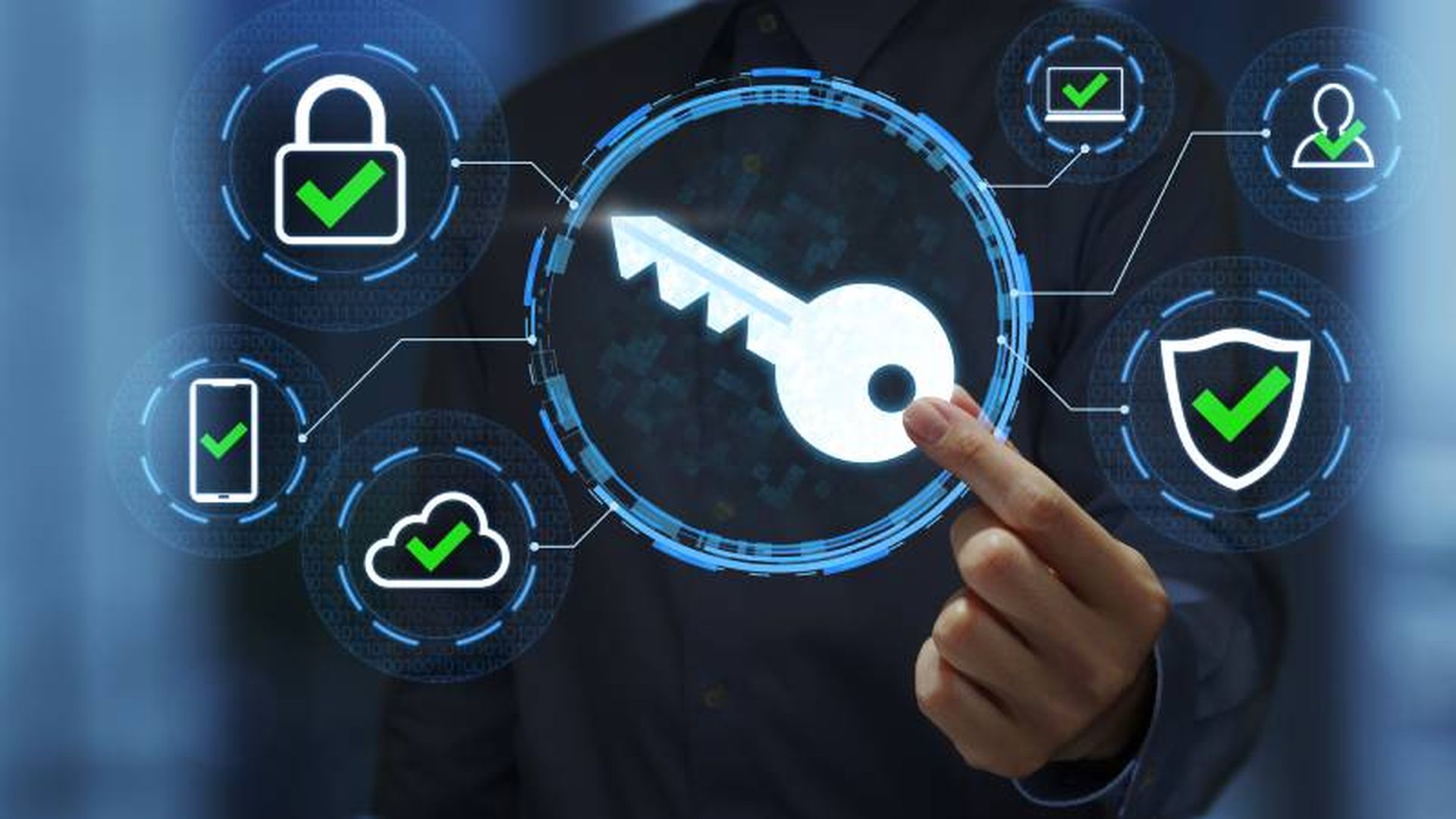Heart Hunter
Exploring the passion for the heart's adventures.
Betting on the Future: Why Decentralized Identity Is Your Best Stake
Unlock the potential of decentralized identity! Discover why this revolutionary shift is your smartest bet for a secure digital future.
Exploring Decentralized Identity: The Next Frontier in Online Security
Decentralized Identity is rapidly becoming a pivotal solution in the evolving landscape of online security. Unlike traditional identity management systems that rely on centralized databases, decentralized identity systems leverage blockchain technology to empower users with control over their personal information. This approach not only enhances privacy but also promotes transparency and reduces the risk of data breaches. As online threats continue to grow in sophistication, individuals and businesses alike are recognizing the revolutionary potential of decentralized identity protocols. By allowing users to create and manage their identities without the need for third-party intermediaries, the future of secure online interactions looks promising.
One key benefit of decentralized identity is its ability to give users a self-sovereign identity (SSI), where they can authenticate themselves without the need for usernames and passwords. This not only simplifies the login process but also significantly reduces the chances of identity theft and fraud. For instance, users can selectively share specific attributes of their digital identity as needed, maintaining full control over their personal data. As industries such as finance, healthcare, and education begin to explore the implementation of decentralized identity solutions, we can expect a paradigm shift towards safer and more efficient systems of verification and trust in the digital realm.

Counter-Strike is a popular series of first-person shooter games where players assume the roles of terrorists or counter-terrorists. Players engage in team-based combat, using strategy and skill to win rounds and complete objectives. For those looking to enhance their gaming experience, using a bc.game promo code can provide various benefits.
How Decentralized Identity Can Empower Users and Revolutionize Betting
The advent of Decentralized Identity (DID) technology is set to empower users in unprecedented ways, particularly in the realm of online betting. Unlike traditional systems that rely heavily on centralized authority for identity verification, decentralized identity enables users to have full control over their personal data. This means that individuals can authenticate themselves without exposing sensitive information to third parties, reducing the risk of fraud and identity theft. Moreover, with DID, players can easily verify their identity across multiple platforms without the need for repeated data submission, thus enhancing user experience and fostering trust within the betting community.
In addition to improving user safety, Decentralized Identity can revolutionize the betting landscape by making it more accessible. As users maintain ownership of their identities, they can participate in various betting platforms without the cumbersome bureaucracy often associated with traditional betting sites. This democratization of access opens the door for a broader audience, including those in regions where conventional online betting is restricted. Furthermore, by utilizing blockchain technology to secure and validate identities, operators can ensure transparency in transactions, thereby creating a fairer betting environment that benefits both players and operators alike.
Is Decentralized Identity the Future of Trust in Online Transactions?
The emergence of Decentralized Identity (DID) presents a significant shift in how we establish and maintain trust in online transactions. Traditional identities often involve centralized authorities, which can lead to vulnerabilities like data breaches and identity theft. With DID, individuals control their personal information through secure, blockchain-based systems, minimizing the risk of unauthorized access and enabling peer-to-peer interactions that enhance security. As businesses adapt to this technology, they may not only comply better with regulations but also build stronger relationships with their customers by protecting their privacy.
Moreover, the benefits of Decentralized Identity extend beyond personal security. By allowing users to share verifiable credentials without revealing excessive personal data, organizations can streamline transaction processes, reducing friction and improving user experience. For example, a user could prove their age or citizenship without sharing their entire identity. This fosters a new level of trust and transparency in digital environments, ultimately reshaping consumer expectations and business practices. As we move into a more interconnected world, Decentralized Identity could very well become the cornerstone of online trust and transactional integrity.